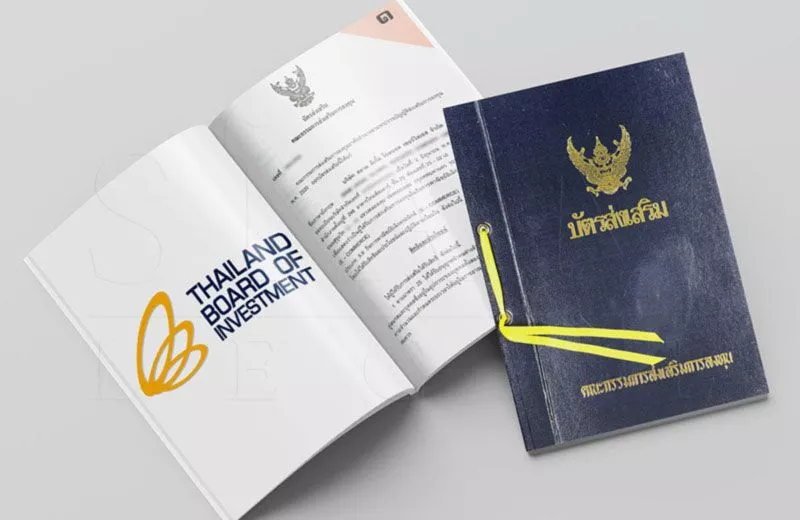Foreign Business Act

The Foreign Business Act (FBA) of 1999 is a cornerstone of Thailand’s regulatory framework governing foreign participation in its economy. Designed to protect domestic industries while encouraging foreign investment in key sectors, the FBA outlines the business activities restricted to foreign entities and the conditions under which they can operate.
1. Key Provisions of the FBA
- Definition of a Foreign Business:
- A company is classified as “foreign” if it is registered outside Thailand or has more than 49% foreign ownership or control.
- Restricted Business Activities:
The FBA categorizes restricted activities into three lists:- List 1: Activities prohibited to foreigners, such as agriculture, forestry, and certain cultural industries.
- List 2: Sectors requiring Cabinet approval, including mining and national security industries.
- List 3: Industries restricted to Thai nationals but open to foreigners with a Foreign Business License (FBL), such as retail, hospitality, and services.
- Foreign Business Licenses (FBL):
- Required for engaging in List 2 or List 3 activities.
- Approval depends on economic benefits, such as job creation, technology transfer, or local collaboration.
- Exemptions:
- The FBA provides exemptions for entities under certain treaties, such as the Thailand-U.S. Treaty of Amity, allowing U.S. investors to operate with fewer restrictions.
- Board of Investment (BOI)-promoted companies may also enjoy relaxed restrictions.
2. Key Requirements for Foreign Businesses
- Minimum Registered Capital:
- Foreign businesses must meet capital requirements, typically 2 million THB, or 3 million THB for restricted activities.
- Local Employment Obligations:
- Businesses must adhere to employment quotas, often requiring a certain number of Thai nationals to be hired per foreign worker.
- Reporting and Compliance:
- Foreign entities must submit regular reports to the Department of Business Development (DBD) and adhere to corporate governance standards.
3. Benefits of the FBA
- Economic Stability:
- The Act protects industries vital to Thailand’s cultural and economic stability.
- Incentives for Foreign Investors:
- Exemptions and licenses provide foreign businesses access to lucrative opportunities in targeted sectors.
- Balanced Growth:
- Encourages partnerships and technology transfer, fostering mutual growth for local and foreign stakeholders.
4. Challenges and Criticisms
- Complex Licensing Procedures:
- Obtaining an FBL can be a time-consuming and bureaucratic process, involving multiple government agencies.
- Restricted Industries:
- The 49% ownership cap limits foreign investors’ control in key sectors, leading to challenges in decision-making and profit-sharing.
- Competition for Exemptions:
- Not all businesses qualify for BOI incentives or treaty exemptions, which can restrict market entry for certain investors.
5. Practical Considerations for Foreign Investors
- Legal Assistance:
- Engaging a qualified lawyer or consultant is essential to navigate the complexities of the FBA, licensing requirements, and compliance standards.
- Joint Ventures with Thai Nationals:
- Partnering with local businesses is a common strategy to access restricted sectors while meeting compliance requirements.
- Leverage BOI Incentives:
- Applying for BOI-promoted status can reduce barriers and offer significant tax and non-tax benefits.
Conclusion
The Foreign Business Act plays a pivotal role in shaping Thailand’s business environment. While its restrictions pose challenges, strategic planning, compliance, and leveraging exemptions can open opportunities for foreign investors. Understanding the legal landscape and working with experienced professionals is crucial for success in Thailand’s dynamic economy.






